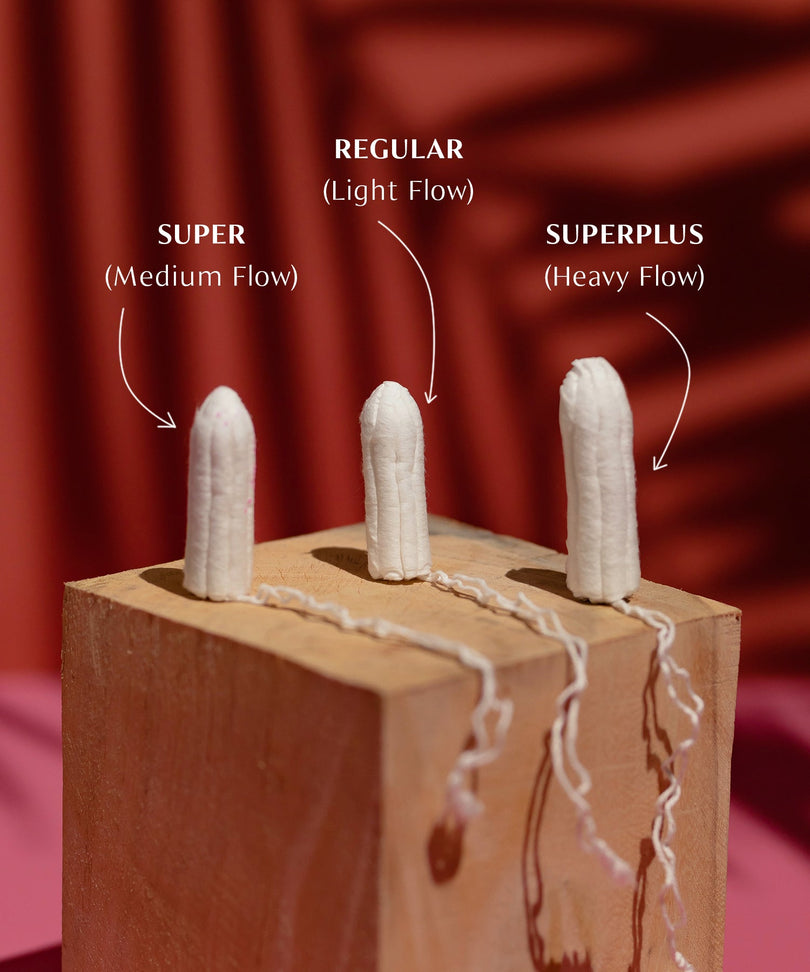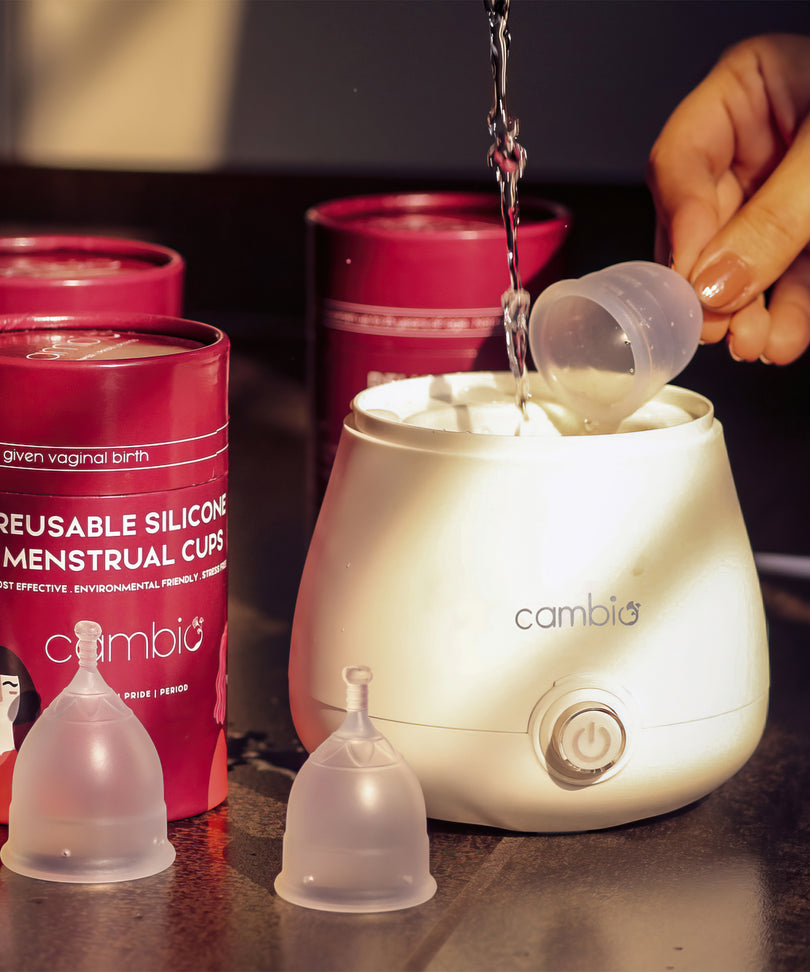What is a menstrual cycle?
Your menstrual cycle is a hormonal process that the female body goes through to prepare for pregnancy. A menstrual cycle averages at around 28 days, and the normal range of a menstrual cycle length spans between 21 and 35 days.
The menstrual cycle consists of four phases: Menstruation, Follicular, Ovulation and Luteal. Read more about the menstrual cycle.
Among the four phases, menstruation is the most obvious to notice. Throughout your entire menstrual cycle, your body goes through hormonal and physiological changes which can influence your appetite, energy levels, sex drive and mood.
By keeping a track of your menstrual cycle, you can identify your body’s unique patterns. You can also note the impact of certain lifestyle choices on your body.
Benefits of tracking your period
- Better understanding of your body - Keeping track of periods when you have mood swings or are more irritable during the month can help you prevent engaging in stressful situations. Changes in your energy level can also be monitored according to the phases of your cycle. You can also gain more awareness of your PMS symptoms.
- Predict your next period - If you know the duration of your menstrual cycle, you can predict your next period. This is useful for planning any important events or vacations, in which you would not want to be on your period. Keep in mind that your period’s length and duration can vary from one cycle to the next, especially if there’s a significant change in your routine or a cause of physical/emotional stress. Period prediction is not supposed to be perfect, but accurate enough to help you prepare for it.
- Track your fertile window - If you’re looking to get pregnant, you can track your fertile window by noting how long it takes you to ovulate after your period. Ovulation usually occurs about 2 weeks after the first day of menstruation and is accompanied by a rise in body temperature, an increase in your sex drive, and clear and slippery cervical mucus.
- Control your symptoms - If you’re aware of when you get PMS symptoms and how they present, you can make lifestyle choices which can curb those effects such as adapting your diet, getting more sleep and avoiding foods which trigger your symptoms.
- Understand menstruation in the context of your cycle - For many of us, periods can be a dreaded monthly occurrence. By tracking your cycle and understanding your periods in the bigger picture of your reproductive abilities, you can better appreciate menstruation. Plus, ovulation and menstruation are inherently related. In case you don’t ovulate or have a delayed ovulation, this will likely cause a delay in your menstruation as well.
- Maximize physical performance - If you’re an athlete and don’t want your periods to interfere with your progress, you can track your performance based on your activity (tracking personal records for weightlifters; tracking run mileage and pace for runners etc.) You can use this information to plan your workout sessions such that you’re performing optimally and getting enough recovery time.
- Be prepared for your gynaecologist visit - Presenting your gynaecologist with the data points you’ve tracked can help them determine if everything is in check, even if it’s just a routine check-up. If you have any concerns or are suffering from any menstrual disorders, the data points can help in the diagnosis and treatment of the problem.
Also read - Irregular periods in teens
How to track your period?
You can track your period either manually or with the help of an app.
Manual tracking involves using a calendar or a notebook and noting the start and end dates of your period based on your bleeding.
You can also use a period tracker app like Flo, Glow, Aavia etc. which can also alert you before you’re expected to get your period.
Apart from just tracking your menstruation start and end dates, it’s beneficial to collect as much information as you can based on your purpose for tracking your cycle. This could include the following:
- Changes in your mood, sex drive, cervical fluid, body temperature
- Symptoms you face, including bloating, cramps, headaches, fatigue
- Quality of sleep
- Performance during exercise if you’re an athlete
- Vaginal discharge - make note especially if your discharge is abnormal
How can I track an irregular period?
An irregular period could be different from a regular one in terms of deviating either in length, duration, frequency, or bleeding intensity. Fluctuations in your period can be influenced by physical and mental stressors, weight gain/loss, travel, and diseases/underlying conditions.
While period tracking may not offer as much accuracy in predicting your next period for women with an irregular period, it’s arguably even more important to track an irregular period to note down symptoms of a potential underlying issue, and make associations between certain symptoms (like spotting, mood swings, bloating etc.) and your period dates.
The data you collect can be helpful for your gynaecologist to diagnose and treat you accordingly.
How can I track my fertility?
You can track your fertility by shifting the focus of your observations from the menstruation phase, to the ovulation phase. The average fertile window lasts about seven days, which includes five days before ovulation, the day of ovulation, and one day after.
Your ovulation phase should begin about 12-14 days after the first day of your period. You can rely on physical signs of ovulation including an increase in your body temperature, wetter and more slippery cervical mucus, and possibly some pain in the lower abdomen.
When should I visit the doctor?
If you notice any abnormalities in your cycle or experience symptoms which prevent you from doing your everyday tasks, you should contact your gynaecologist to set up an appointment. This could include missed periods, excessively heavy flow, severe cramps, bleeding between cycles etc.
Read more









